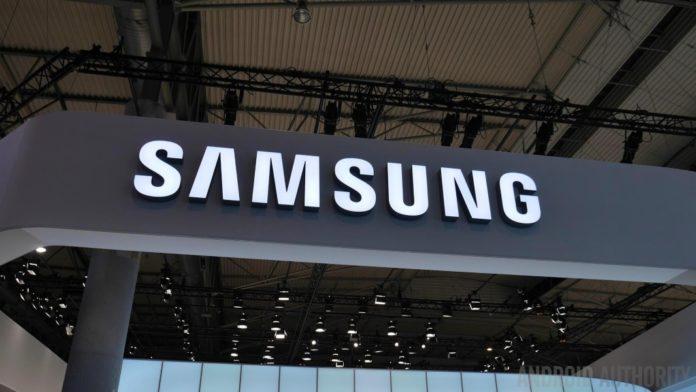Samsung Electronics is set to introduce a customized artificial intelligence (AI) service for knowledge search, translation, and summarization. The move comes as concerns about potential information leaks grow due to the use of generative AI models like ChatGPT. Samsung aims to develop its own large language model (LLM) that surpasses the capabilities of GPT-3.5.
The Device Solutions (DS) Division
The Device Solutions (DS) division, which oversees Samsung’s semiconductor business, plans to launch its LLM later this year. In a recent employee lecture, Kyung Kye-hyun, the head of Samsung Electronics’ DS division, emphasized the potential of generative AI to bring innovation to their work. The company is currently collaborating with domestic specialized firms to develop customized AI solutions.

The Objectives of the Customized AI Service
Samsung Electronics’ DS division aims to roll out basic AI services in December, followed by professional search services incorporating company knowledge in February of the following year. These services will support various aspects of employees’ work, including:
- Automated responses for purchasing and expenses
- Specialized knowledge search
- Summarization of manufacturing and process data
- Translation
- Document creation
- Meeting transcription and summarization
- Market and company analysis
- Code generation and review
- Voice of the customer (VOC) response
The objective of implementing this customized AI is to enhance work efficiency and productivity. Samsung believes that by utilizing AI, they can transform their organizational culture, bolster development competitiveness, and collaborate with customers worldwide to shape a brighter future.
The Decision to Develop Their Own AI Tools
The decision to develop their own AI tools comes in response to the increasing demand for generative AI applications like ChatGPT, particularly in tasks such as translation and document summarization. However, concerns have emerged regarding the security risks associated with the use of generative AI, such as the potential leakage of confidential information. To address these concerns, Samsung plans to introduce customized AI services internally, thereby ensuring tighter control over data privacy.
Mitigating the Risks Associated with Generative AI
To mitigate the risks associated with generative AI, the DS division has already implemented measures like character limitations when using ChatGPT. Incidents of misuse, such as the uploading of internal mail content and inputting of internal source code, prompted these restrictions, which were introduced in March.

In a similar vein, the Device Experience (DX) division, responsible for home appliances and smartphones, has completely banned the use of generative AI through internal PCs since May. Instead, the DX division has adopted a policy to develop its own AI tools for translation, document summarization, and software development assistance. Although specific development timelines and implementation schedules have not been finalized, Samsung is committed to ensuring the secure and efficient use of AI across its various divisions.
By developing their own AI solutions, Samsung Electronics aims to leverage the benefits of generative AI while mitigating security risks. This approach allows them to tailor the technology to their specific needs and reinforces their commitment to maintaining data privacy and confidentiality. With these advancements, Samsung is poised to streamline work processes, enhance productivity, and drive innovation within the company.
Stay tuned to Brandsynario for the latest news and updates.











































